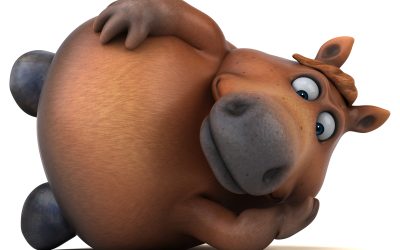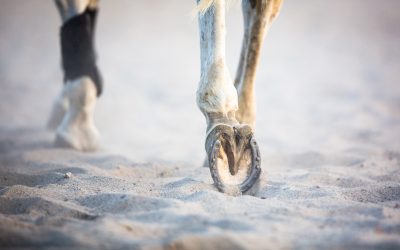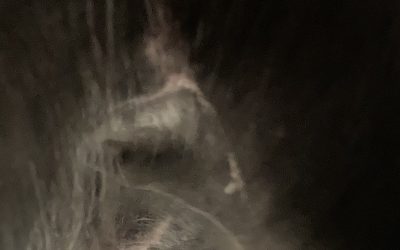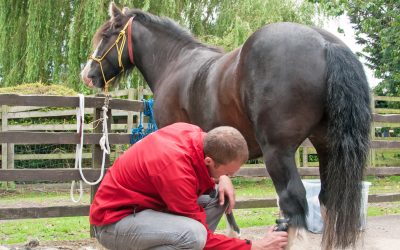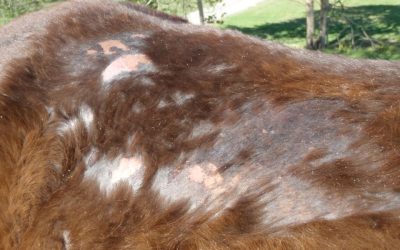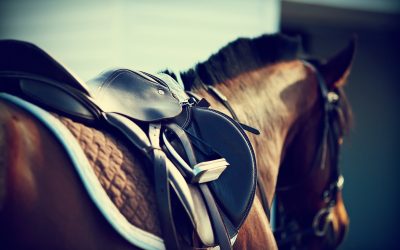Our Blog
Laminitis risks:
With the weather over the last few weeks, the grass has been growing fast. At this time of year the grass is very high in sugar and this means that the amount of calories per mouthful increases. This means that horses and ponies are more likely to put on weight. As...
Scabby legs….
.....it's been a rather warm and wet spring. As a consequence we've seen a fair few horses with mud fever (or to give it the technical term, pastern dermatitis). This usually occurs in the pink skin areas of the horse. The term can be used to refer to a wide range of...
Sarcoids
There are many types of sarcoid six to be exact: Nodular, verrucous, occult, fibroblastic, mixed and malevolent. These cause heartache to many horses and owners. Some interesting sarcoid facts: Sarcoids can develop anywhere on the skin, but some are more common than...
External parasites:
External parasites such as lice, leg mites and pin worm are commonly seen coming out of spring and into summer. Here are some of the clinical signs seen with each: Lice:hair loss over face and bodybiting at body"walking dandruff" in the mane and top of tail Leg...
Skin issues in the horse.
The skin is the largest organ in any animal. It protects the body from infection, injury and disease. However there are quite a few ailments horses can get that affect this organ. External parasites: These are parasites such as lice, leg mites, and pin worm. They are...
The importance of good dentistry….
Our horses health is important; from getting the right farrier, the best riding instructor, the properly qualified physio, and correctly fitted tack. Why do we then go to look for a cheap deal for our equine dental care? It's a question that has plagued me for many...
The importance of good fitting tack:
All horse owners love a good saddle and a smart bridle. However, regardless of what make or brand the most important thing is that it fits. Ill fitting tack, can lead to tight muscles, pain and in the wort situations lameness and back issues. Therefore it is important...
No Foot, No Horse ………..
Foot balance is important. If the shoe doesn't fit correctly and help maintain the foot balance then potentially you line your four legged friend up for work related injuries. If the weight of the horse is being supported unevenly then stresses on the soft tissues...
The importance of fitness and nutrition:
It is important that we prepare our horses correctly to ensure they stand up to the work we are asking of them. Fitness: Its important that you build the fitness of your horse. Below is a short list of what you should be doing to build fitness: Preparation before you...
Contact us Today
We cover Staffordshire moorlands, North Staffordshire and North Staffs county. If you have any equine veterinary needs we would love to hear from you.

